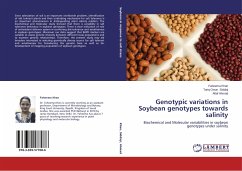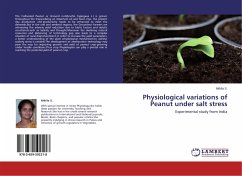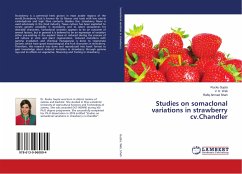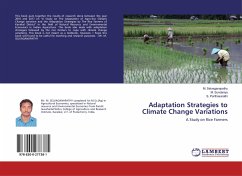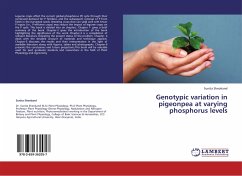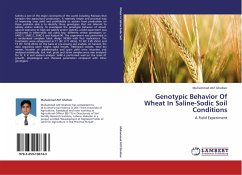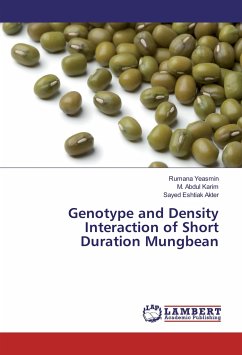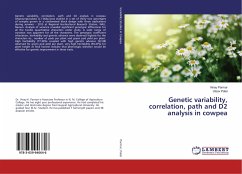Since salinization of soil is an important worldwide problem, identification of salt tolerant plants and their underlying mechanism for salt tolerance is an important phenomenon in distinguishing plant salinity relation. The biochemical and molecular study showed that there is variability in salt tolerance behaviour in soybean genotypes. There is clear indication of role of antioxidant defence system in conferring slat-tolerance and sensitiveness in soybean genotypes. Moreover our data suggest that RAPD markers are suitable to assess genetic diversity between different local populations and to examine genetic relationships. Therefore, the present study may aid breeders interested in selecting genetically diverse source for salt tolerant and sensitiveness for broadening the genetic base as well as for development of mapping population of soybean genotypes.

